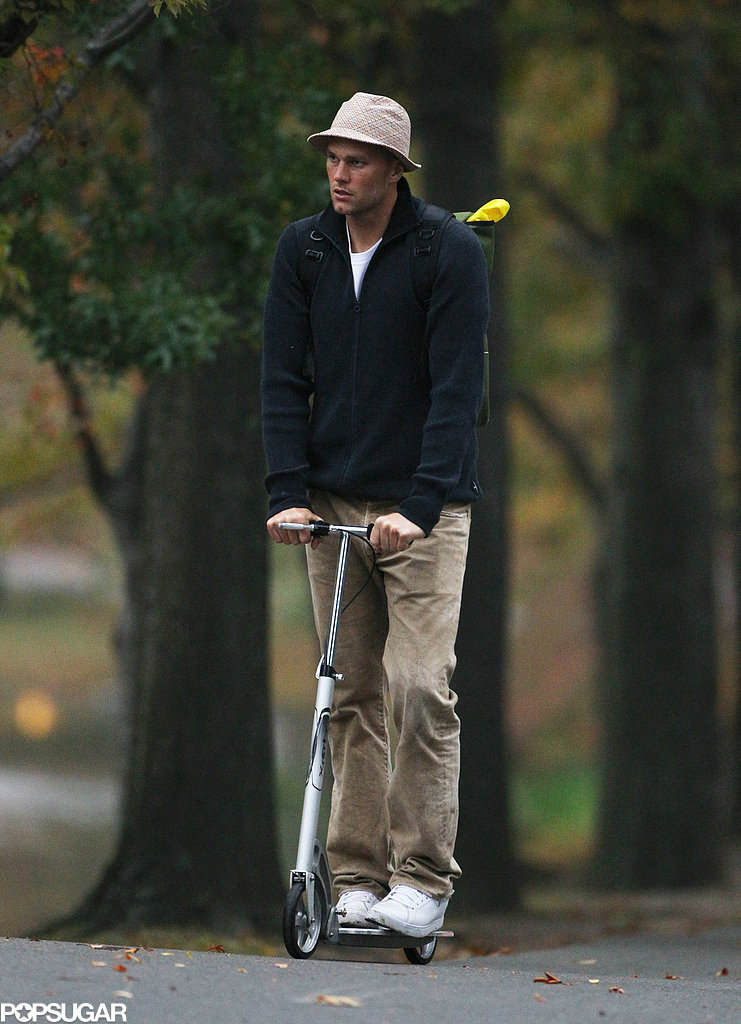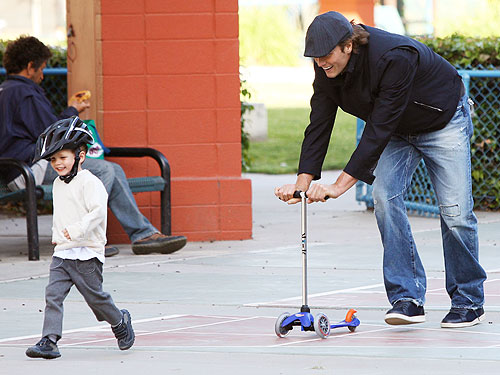I would considering the Mike Maltz thing new news.
Also, writers often are given leeway with disclosing their sources, same as a newspaper would protect sources. An editor would not publish this in good faith if there were any inaccuracies or improprieties.
This is all assuming The Magazine follows good & ethical journalistic procedure.
A problem here is that league sources from the NFL have been giving false information to ESPN since the Deflategate story first broke:
- Mortensen and Peter King's original source on deflategate was wrong... "11/12 Patriots footballs were under inflated by 2 PSI." This was factually wrong in both regards. Mortensen has continued to defend this while Peter King said his source was wrong and backed off it.
- ESPN continually broke NFL stories during the appeal hearing that Brady was going to accept a bargain and admit guilt. This never happened.
- Curiously, a majority of the named people in this article -- Hines Ward, Bill Polian, and Mike Martz, Marshall Faulk, Kurt Warner -- are all ESPN employees
and coincidentally all lost significant games to the Patriots. Most of the other people who have comments actually attributed to them are anonymous sources.
I would have probably given ESPN the benefit of the doubt, but now I'm pretty skeptical of most of their reporting.
The Mike Martz stuff was really interesting, though, especially how the article mentions that he felt like his signed statement was altered by someone in the league before it was released. To me, though, that isn't a Patriots-cheater story, that's a shady NFL story, and this article is first and foremost, a Patriots-cheater story, not a shady-NFL story. The rest of the paragraphs about Martz are written similarly to how the whole article is written, casting Belichick, this analyst, and other people in the Patriots organization as a vast criminal conspiracy.
The Super Bowl against the Patriots had derailed Martz's career as much as it made Belichick's. Martz's offense, dubbed "The Greatest Show on Turf" in 1999, was never the same, and in 2006, he was fired as the Rams' coach. After bouncing around the league, he was then the 49ers' offensive coordinator. Like a number of former Rams -- especially Faulk and Warner, who now both work for the NFL Network -- Martz was deeply suspicious of whether the Patriots had videotaped the walk-through or his team's practices before the Super Bowl, even though he believes that the Rams' three turnovers were the main factors in the defeat.
The article is certainly presenting Martz, his whole career, as a victim of cheating. "Martz's offense, dubbed the Greatest show on Turf in 1999 was never the same and he was fired as Ram's coach," ignoring that even in the year that the Ram's offense was the greatest show on turf
they were 3 feet away from losing the Super Bowl to Jeff Fisher's Titans. Fisher is a great coach, but not one generally considered a coaching genius. And then, when Martz is fired in 2006, that's after five years of total mediocrity in St. Louis, which had nothing to do with losing the 2001 Super Bowl, but down performances in the five years following it. Martz also had mixed runs in Detroit, San Fransisco, and Chicago before retiring.
The story about Martz feeling like the NFL changed his statement before releasing it is definitely interesting, but this article and the whole story (and this thread) is certainly about the Patriots alleged cheating, and that line is definitely an odd factoid that isn't the focus of the article.











